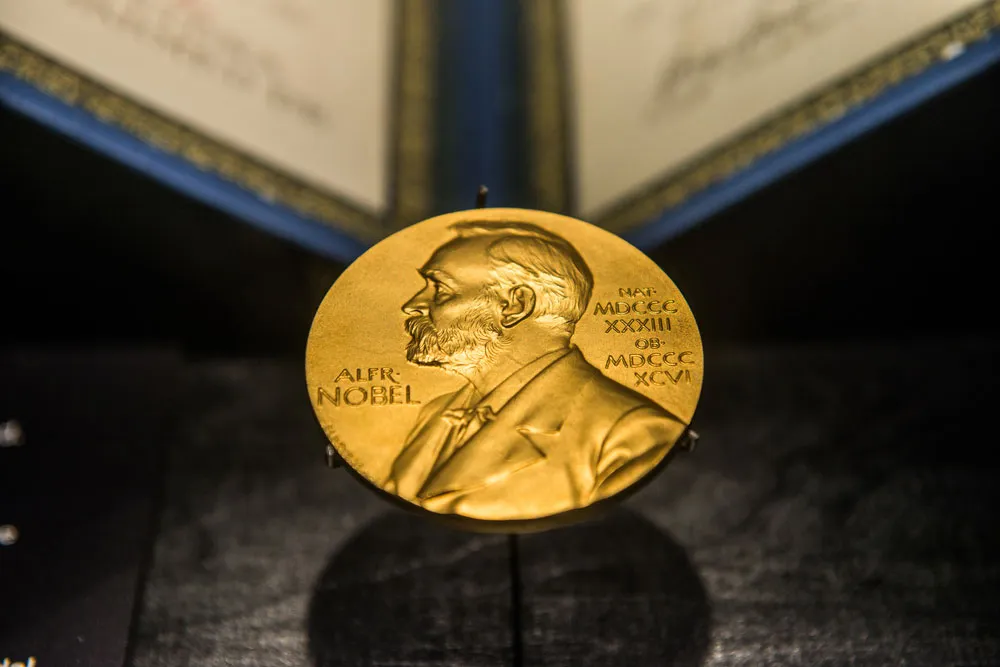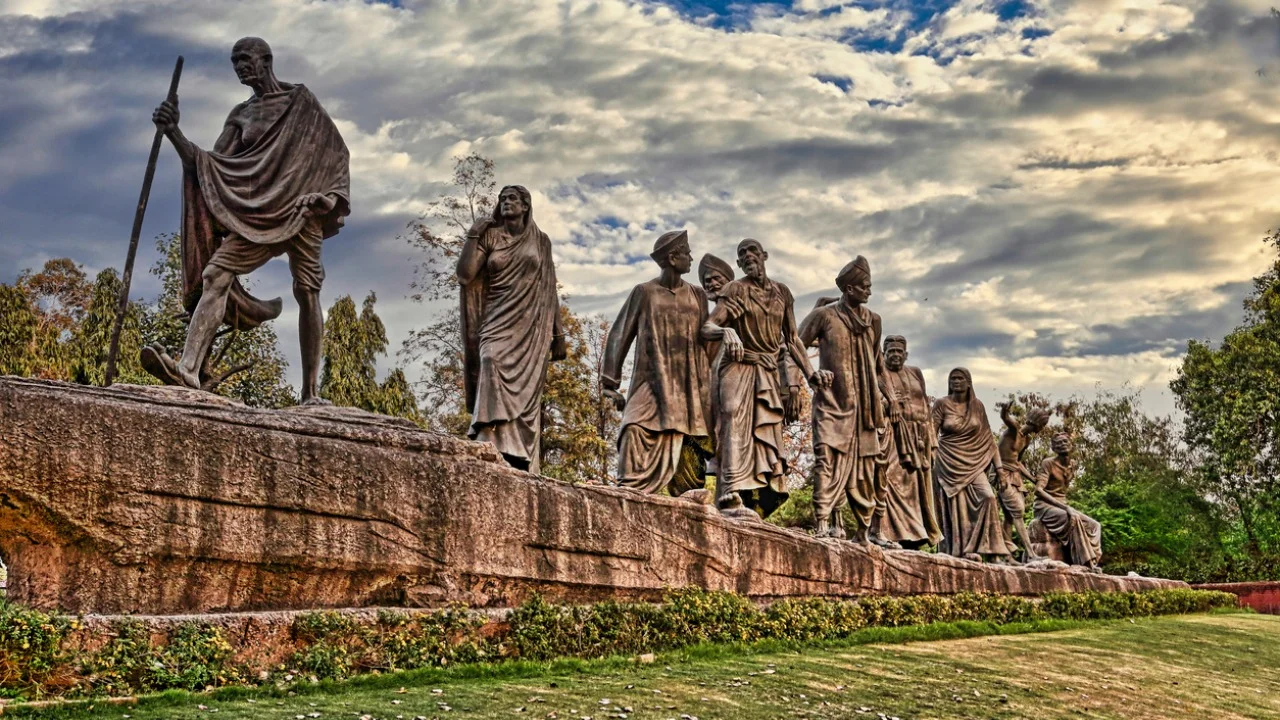The Nobel Prize Winners are celebrated worldwide for their extraordinary contributions to humanity in fields like peace, literature, science, and economics. Established in 1901, the Nobel Prize remains one of the highest honors that recognizes individuals and organizations for their outstanding achievements. Winning this prestigious award not only acknowledges their hard work but also inspires future generations to pursue excellence and innovation.
The Origin of the Nobel Prize
The Nobel Prize was established by Alfred Nobel, a Swedish inventor, chemist, and philanthropist, who left his fortune to fund the awards. Nobel’s will directed that the prizes should honor those who “conferred the greatest benefit to mankind” in areas such as physics, chemistry, physiology or medicine, literature, and peace. Later, in 1969, the Nobel Memorial Prize in Economic Sciences was also introduced.
Each year, Nobel Prize Winners are chosen by different committees and institutions, such as the Nobel Assembly at Karolinska Institute for medicine and the Norwegian Nobel Committee for peace.
Categories of Nobel Prizes
1. Nobel Prize in Physics
This award honors breakthroughs that expand our understanding of the universe. Physics Nobel Prize Winners include Albert Einstein for the photoelectric effect and Marie Curie for pioneering research in radioactivity.
2. Nobel Prize in Chemistry
Chemistry winners are recognized for innovations that transform science and industry. For instance, Ahmed Zewail received the Nobel Prize for his work in femtochemistry, which revolutionized chemical reaction studies.
3. Nobel Prize in Physiology or Medicine
This category highlights discoveries in medicine and biology. Nobel Prize Winners in this field have saved countless lives, such as Alexander Fleming, who discovered penicillin, and Tu Youyou, recognized for developing malaria treatment.
4. Nobel Prize in Literature
Winners in literature are chosen for their impactful writings. Famous laureates include Rabindranath Tagore, the first Asian to win in 1913, and Ernest Hemingway for his classic storytelling.
5. Nobel Peace Prize
Perhaps the most globally recognized, the Nobel Peace Prize honors efforts toward world peace, conflict resolution, and humanitarian service. Prominent winners include Martin Luther King Jr., Mother Teresa, Nelson Mandela, and Malala Yousafzai.
6. Nobel Prize in Economic Sciences
Introduced later, this prize recognizes contributions to economics. Nobel Prize Winners in this field include Amartya Sen for his work on welfare economics and Paul Krugman for trade theory.
Impact of Nobel Prize Winners on Society

The contributions of Nobel Prize Winners go beyond academic and professional recognition. Their work often brings about social change, technological advancement, and cultural enrichment. For example, peace prize winners have influenced international diplomacy, while medicine laureates have developed treatments that save millions of lives.
Moreover, Nobel Prize Winners serve as role models, motivating students, researchers, and activists to dream big and work towards global progress.
Notable Nobel Prize Winners from India
India has produced several inspiring Nobel Prize Winners who have made remarkable contributions:
- Rabindranath Tagore (Literature, 1913): For his poetry collection Gitanjali.
- C. V. Raman (Physics, 1930): For the discovery of the Raman Effect.
- Amartya Sen (Economics, 1998): For his research on welfare economics.
- Kailash Satyarthi (Peace, 2014): For his fight against child labor and advocacy of children’s rights.
These laureates brought pride to India while positively impacting the world.
The Nobel Prize Winners stand as a symbol of dedication, intellect, and the spirit of service to humanity. Their groundbreaking work in science, literature, peace, and economics continues to shape modern society. By celebrating these achievers, we are reminded of the limitless possibilities that emerge from innovation, compassion, and perseverance.
Bharatanatyam Poses and Mudras
Read Also: Education Website Design
![]()





